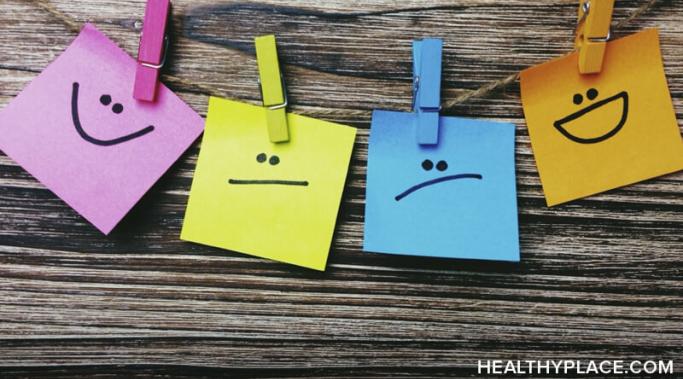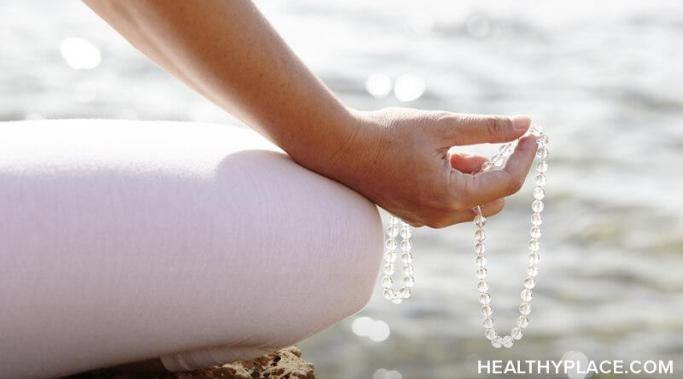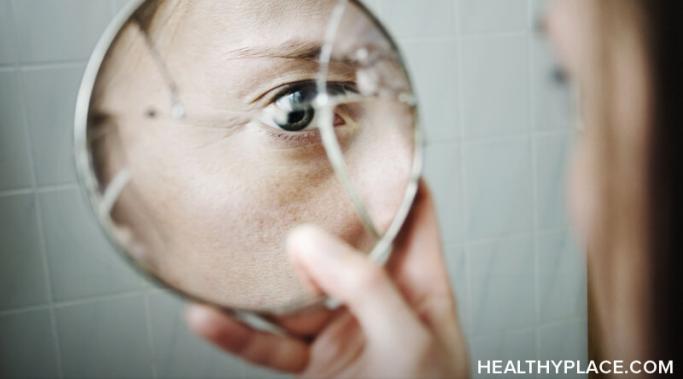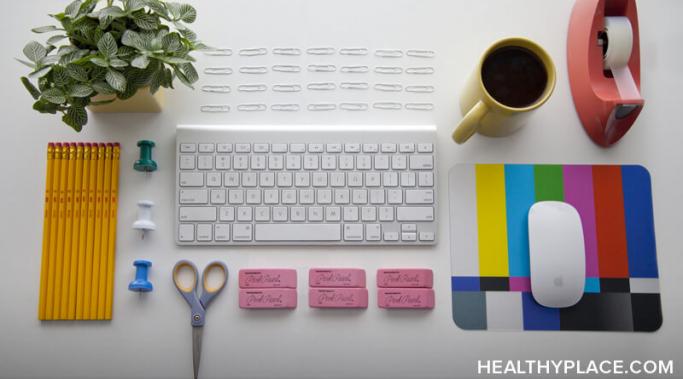There are a lot of resources out there for how to deal with seasonal depression in the wintertime, but what about summertime depression? Coping with summertime depression is difficult because the sun is shining, the days are long, and the pressure to enjoy ourselves is high. For some of us though, summer brings with it unique challenges that can cause worsening depression symptoms.
Coping Skills
Is your habitual thinking helpful or unhelpful to your mental health recovery? Today, my therapist completely changed my approach to recovery, and even more importantly, she changed how I see myself and my decisions. With one simple question, she encouraged me to be more compassionate toward myself than I have been in years. I was explaining to her how I tend to get stuck in my mind whenever I feel I've failed or messed up because I sit and think about what I've done wrong, why, and why that makes me a terrible person. She asked, "Okay, but how does that help you?"
A few months ago I underwent eye muscle surgery to better align my eyes. This is a problem I have struggled with since birth, so it really gave my confidence a boost to look in the mirror and see straight eyes. The surgery was elective and something I really had to ask for.
I noticed some time ago that I've been choosing to stay sick because it's the devil I know. I've been dealing with mental health problems for nearly half a decade, but it's only in the last year that I've finally started making real progress toward recovery. This is because I finally admitted to myself that I was choosing to stay sick because it was what I knew how to do. Recovery was going to involve a lot of truth and change that I wasn't prepared to face, so I just didn't.
Mala beads may not help everyone, and, for me, dealing with my mental illness means medications come first. However, being open to learning additional methods to improve your life and functioning is also important. When you discover new and healthy ways to cope, go with it. Everyone is different, so use what works for you. I recently saw a post on Facebook about mala beads. I was intrigued and bought a necklace. I was excited when they arrived, and even though meditation had been difficult for me in the past, I was definitely willing to give it a try with my new mala beads.
I've resisted recovery for all kinds of reasons, including because I was sick of trying to be perfect. I spent most of my adolescence trying not to be like other teenagers, not to go through "phases" or be bad. I tried so hard to do things "right." When mental illness appeared in my life, I could barely do things at all, let alone do them "right," so I got angry.
It's important to manage expectations in recovery because you don't want to strive for the impossible goal of simply not having a mental illness anymore. The truth is, recovery just doesn't work that way. The vast majority of us can't get rid of our mental illness entirely, but we can find ways to cope with it and reduce its impact on our lives. Recovery is about working with your brain to live the most functional, enjoyable life possible.
Executive dysfunction is a major problem for most people with all kinds of mental illness, myself included. Executive function is the ability to organize and execute our thoughts and actions, and executive dysfunction is the opposite: scattered thoughts, missed deadlines, and intense frustration over everyday tasks. Accomplishing even the simplest of goals can require a Herculean effort with executive dysfunction.
Having a mental health recovery-friendly home is important because an important piece of mental illness recovery is feeling safe -- and if you're lucky -- relaxed. We can't always control our environment and surroundings, but I do think there are ways to arrange and organize your home to aid your mental health recovery. Here are seven ways to make your home more mental health recovery-friendly. They are not major changes, just simple ideas that might make a difference.
Nothing is better than a snow day - nowhere to go, nothing in particular to do. Do I catch up on tasks around the house or go back to bed? My Keurig is calling. I dump a bunch of sugar in my tea and take a seat by the window. Our street is lost in the snow. The outside world can wait. My day is free and full of possibilities. Time for a little extra self-care. Spending a day at home can be a great way to recharge. Here are four activities I did during the snow storm today.









